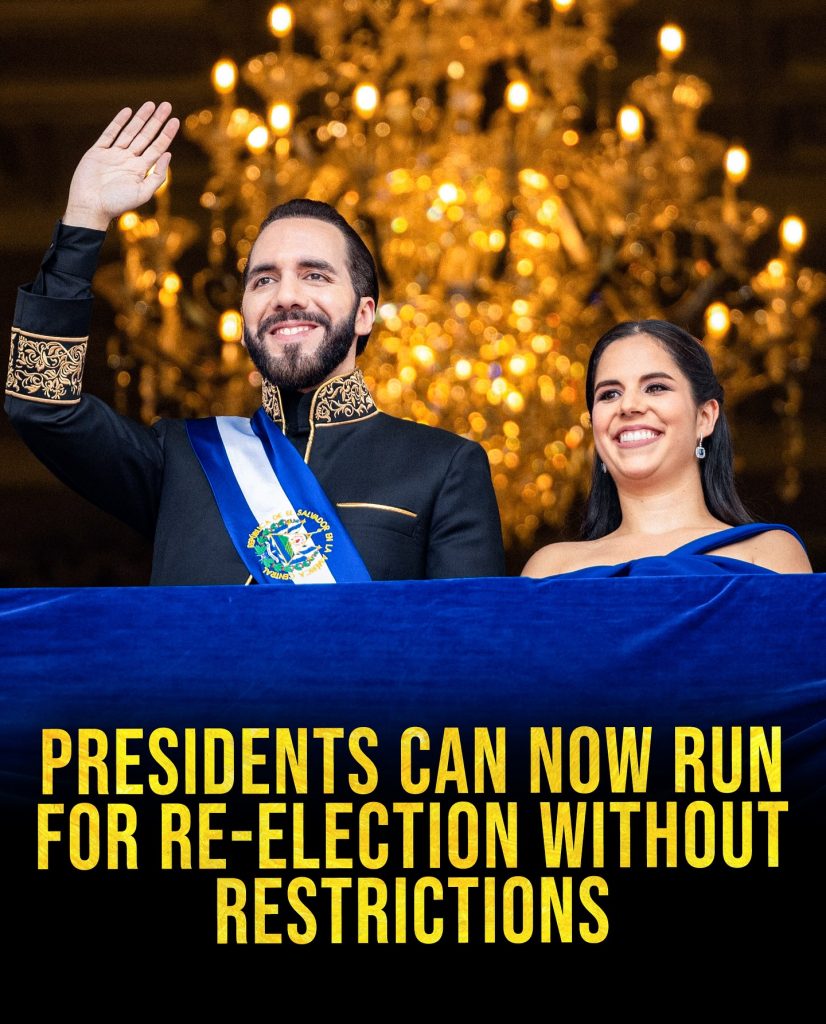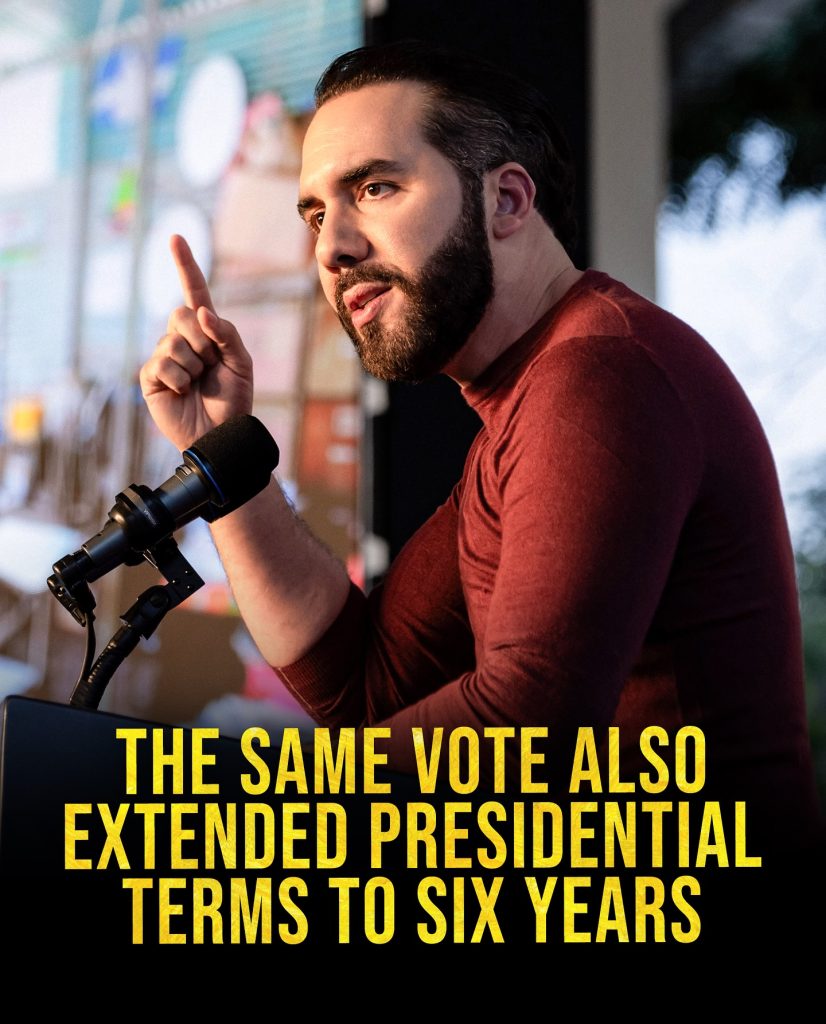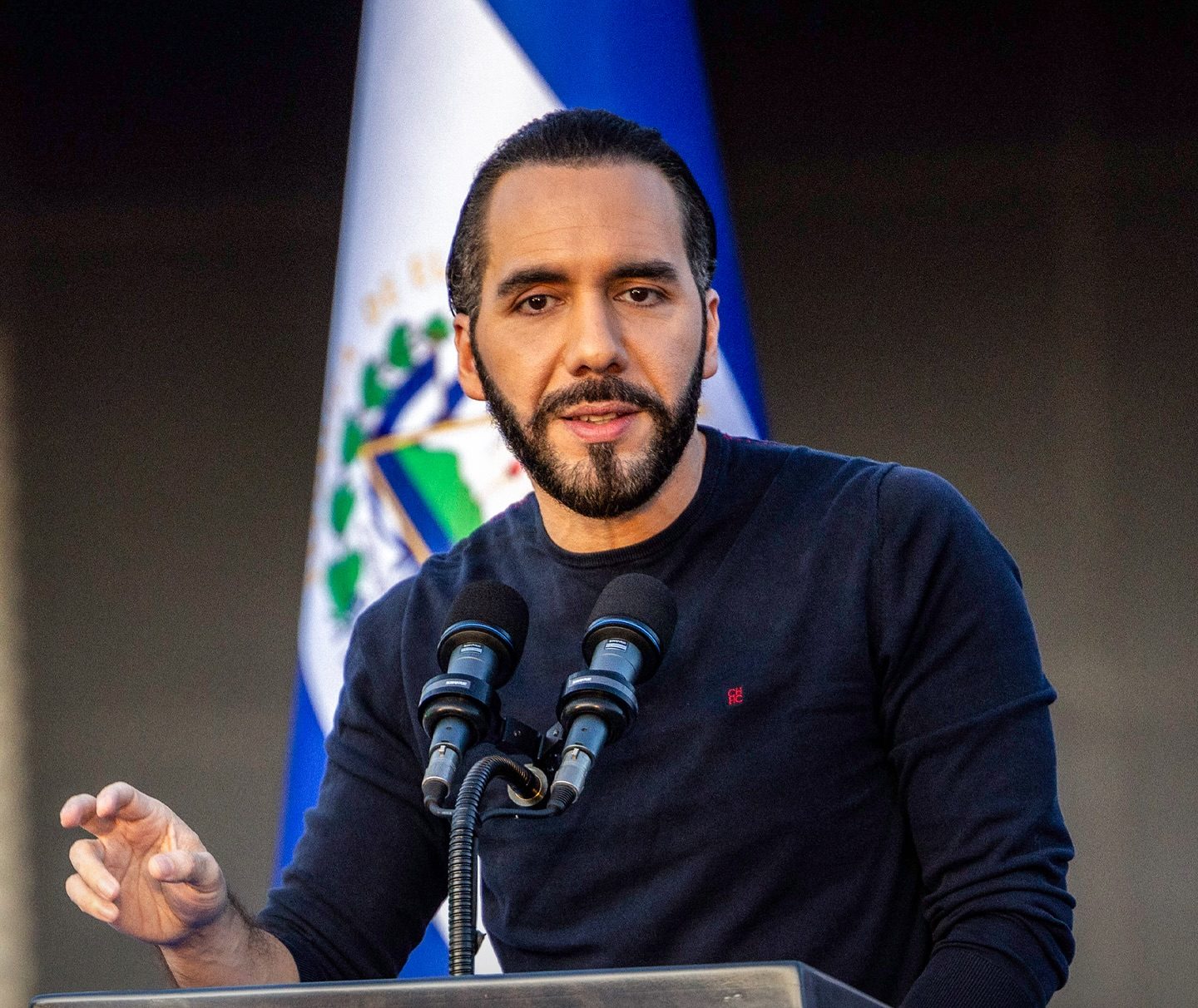El Salvador Has Officially Removed Presidential Term Limits and Extended Terms to Six Years—Here’s What That Means for the Country’s Future
In a move that has sparked fierce debate across Central America and beyond, El Salvador has passed a sweeping constitutional reform that removes presidential term limits—allowing presidents to seek re-election indefinitely—and extends each presidential term from five to six years. It’s a change that many expected under the leadership of President Nayib Bukele, a political figure celebrated for his tough stance on crime and his unconventional governing style, but also criticized for what some fear is a slow march toward authoritarianism.
This isn’t the first time El Salvador has been in the spotlight under Bukele’s leadership. From Bitcoin legalization to the crackdown on gang violence, the small nation has frequently been at the center of global headlines. But this latest move may be the most consequential yet—not just for Bukele himself, but for the political future of the entire country.
Until recently, El Salvador’s constitution prohibited consecutive presidential terms. Presidents were limited to five-year terms and had to step aside before potentially running again, often with a full-term break in between. This was put in place to prevent any one individual from consolidating too much power, especially given the country’s turbulent political past.
But that safeguard is now gone.

Thanks to a majority-controlled legislature and a recent judicial reinterpretation by El Salvador’s Constitutional Chamber—heavily influenced by Bukele’s administration—presidents can now seek re-election without restriction. What’s more, the new amendment extends the term itself to six years, giving incumbents more time to implement policies and further cement their legacy.
To understand the magnitude of this shift, it helps to look at how Bukele came to power and how he’s governed since. When Bukele was first elected in 2019, he won by a landslide, promising to clean up corruption, reduce gang violence, and modernize the nation. His approval ratings soared—often sitting above 80%—thanks in part to a controversial but effective crackdown on criminal gangs that brought down homicide rates to some of the lowest levels in decades.
Bukele’s popularity has been undeniable, but so has his consolidation of power. His party, Nuevas Ideas, took over the legislature in 2021. Shortly after, the newly appointed Supreme Court justices—many of whom were fast-tracked by the new assembly—ruled that Bukele could run for re-election despite previous constitutional restrictions. Critics immediately sounded the alarm, saying that the country’s democratic institutions were being eroded from within.
Now, with the formal constitutional change passed, those fears have grown. Supporters argue that if the people want a popular leader to continue, they should have that right. After all, isn’t democracy about choice? They say Bukele’s results—economic growth, improved safety, and bold reforms—justify the change. His defenders paint the reform as a modernization of an outdated political system that often got in its own way.

But opponents aren’t buying it. Human rights organizations, constitutional law experts, and several international observers warn that this sets a dangerous precedent. They argue that eliminating term limits risks sliding the country into a one-man rule, no matter how popular that man may be at the moment. They point to other countries in the region—like Venezuela and Nicaragua—where similar reforms were made before democratic backsliding took hold.
What makes this moment especially emotional for many Salvadorans is the memory of their country’s civil war, political instability, and military dictatorships. For decades, the political landscape was marked by fear, violence, and authoritarianism. The current generation of voters hoped those days were behind them.
Yet here we are, watching the pendulum swing once again.
Bukele, meanwhile, remains unapologetically confident. He insists this reform will empower voters and give them the ability to choose continuity if they want it. And to be fair, many Salvadorans agree with him. Public opinion still heavily leans in his favor, and there’s little doubt that if he chooses to run again, he’ll likely win.
But popularity today doesn’t guarantee stability tomorrow. Democracies are often tested not in how they handle popular leaders, but how they prepare for unpopular ones who might follow. Removing checks and balances to benefit one administration opens the door for future misuse—and that’s a risk El Salvador now faces.
Only time will tell how this bold reform will shape the country’s political landscape. For now, it’s clear that Bukele’s influence is only growing, and El Salvador is entering a new, uncertain chapter in its democracy. Whether history will look back on this moment as visionary or as the start of something more concerning is still to be seen.

